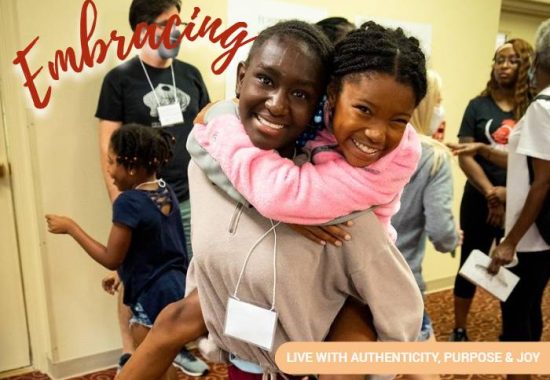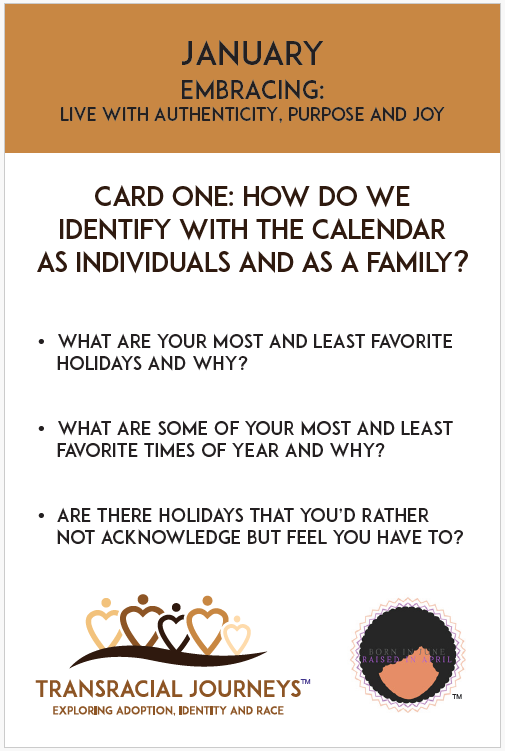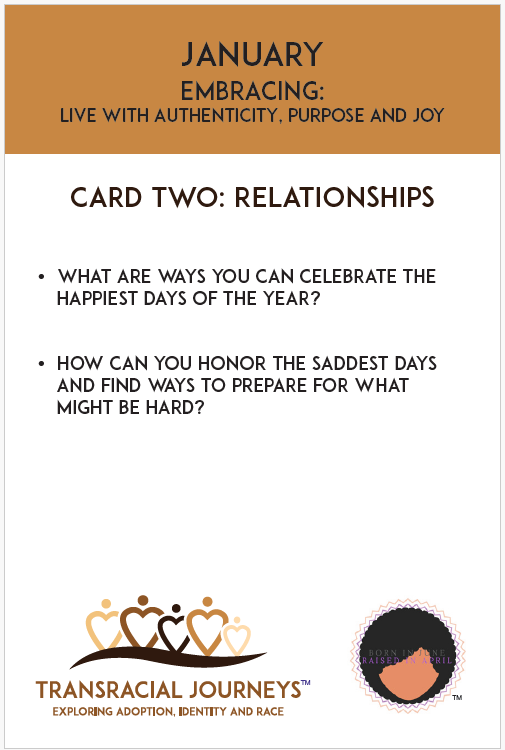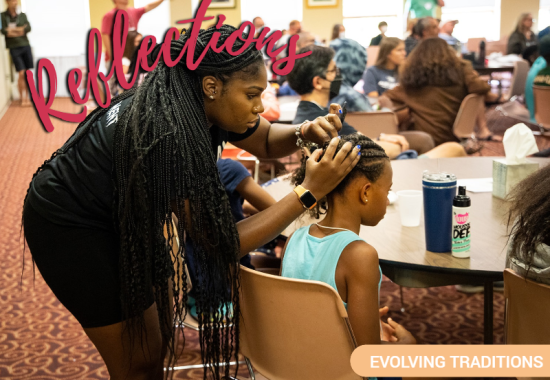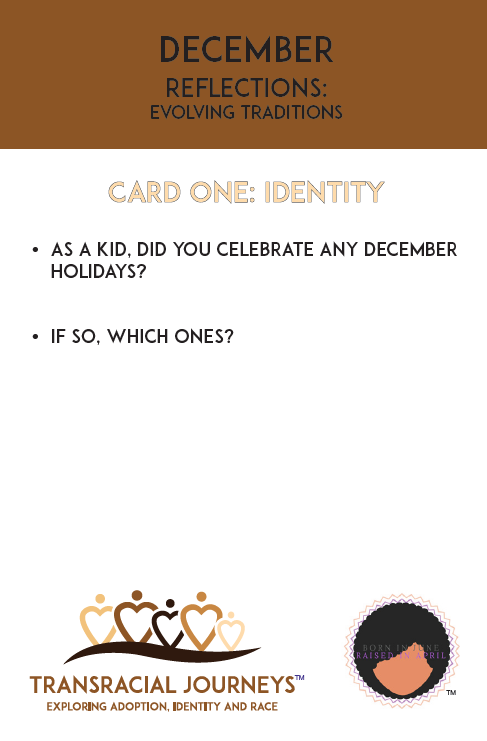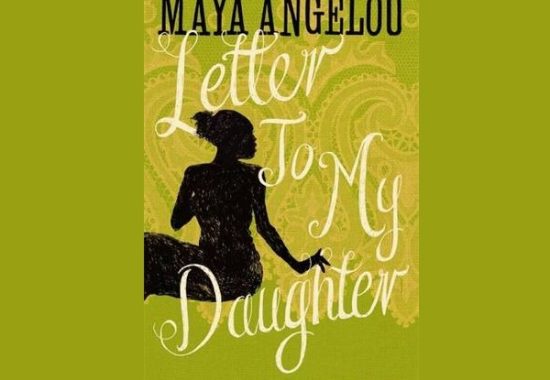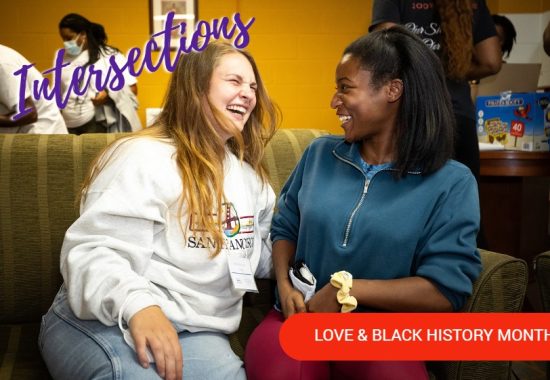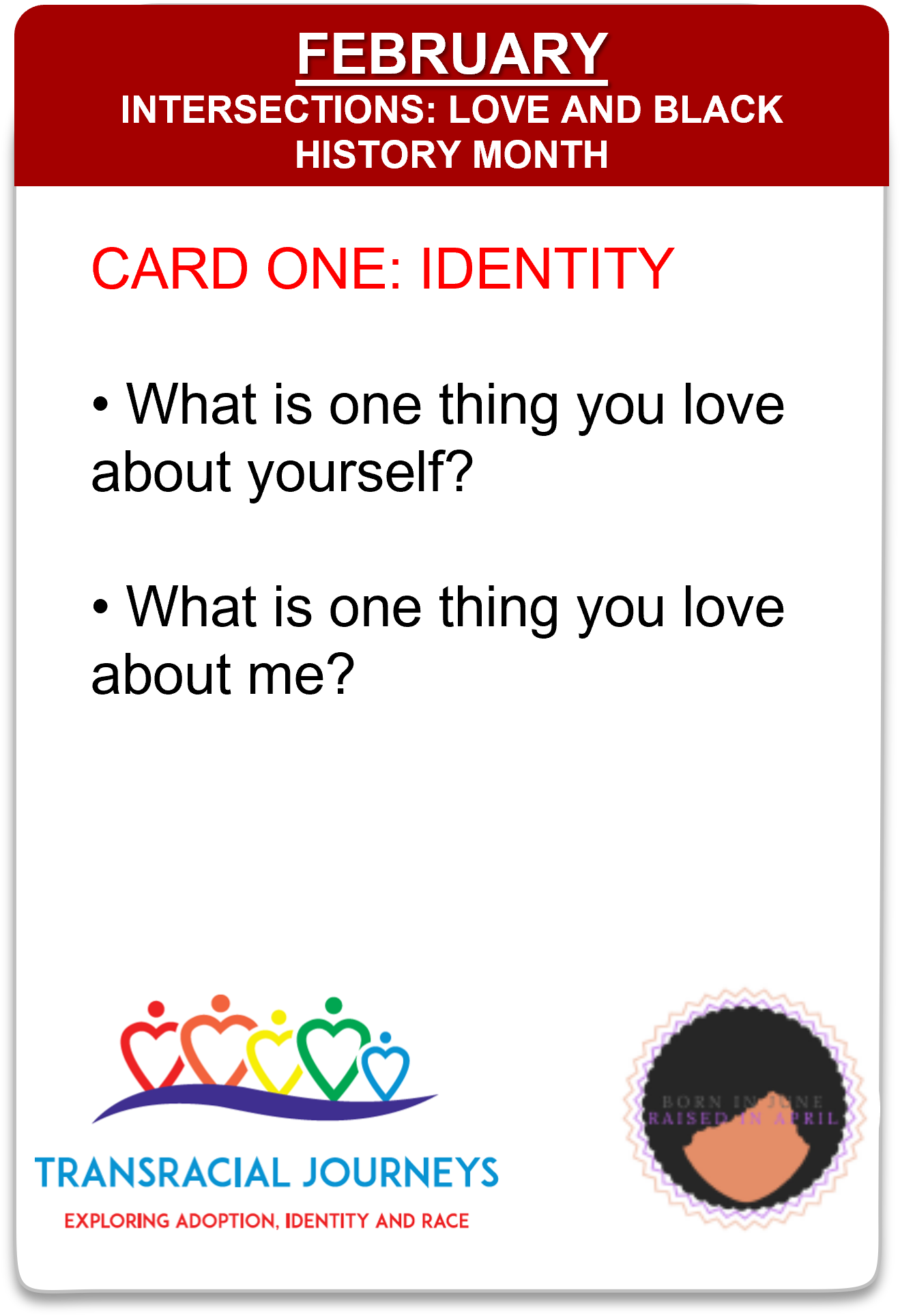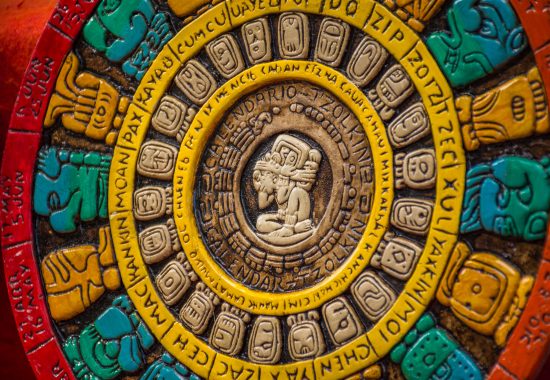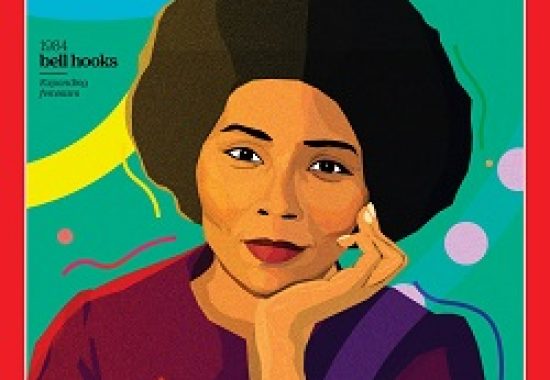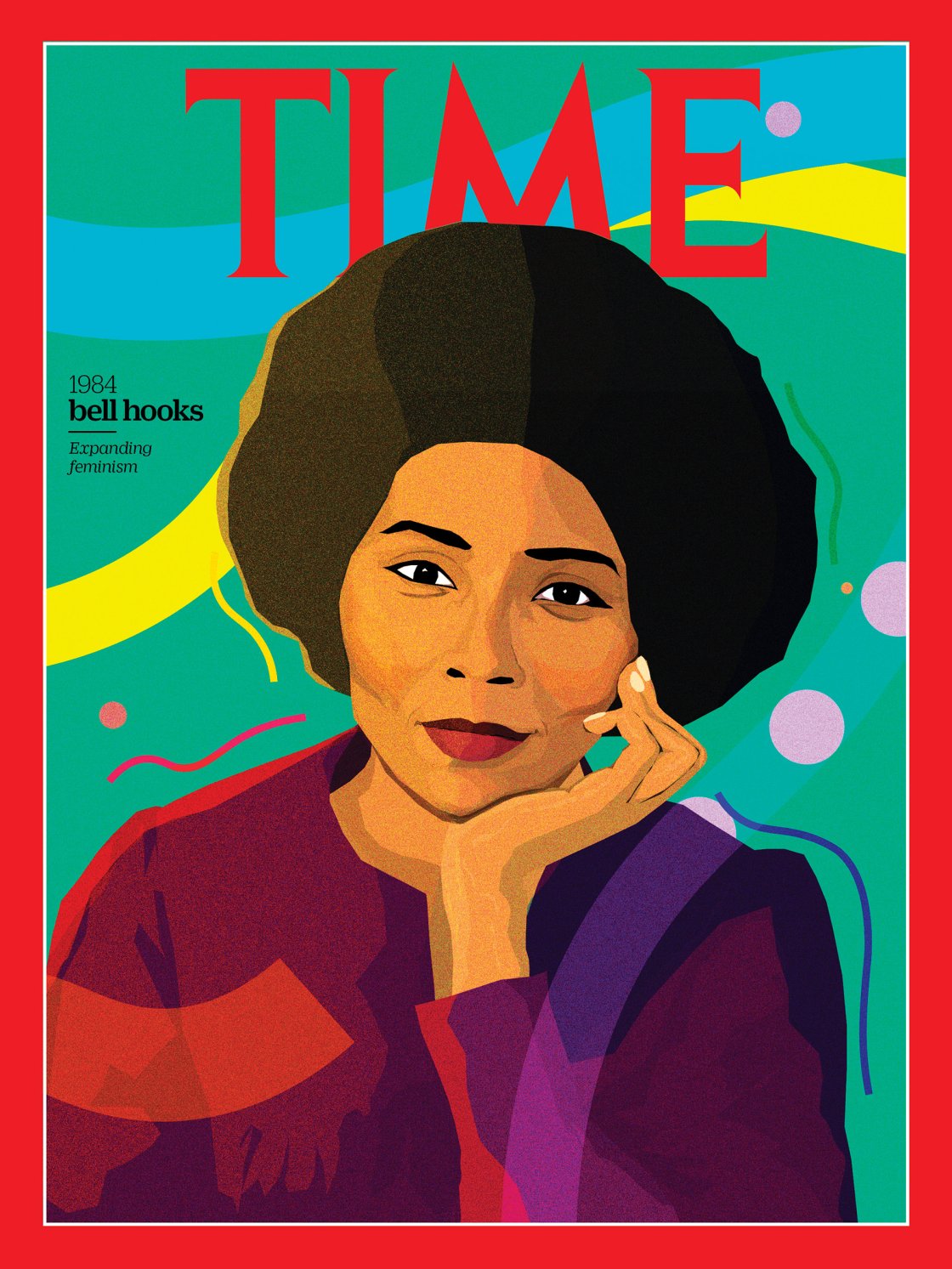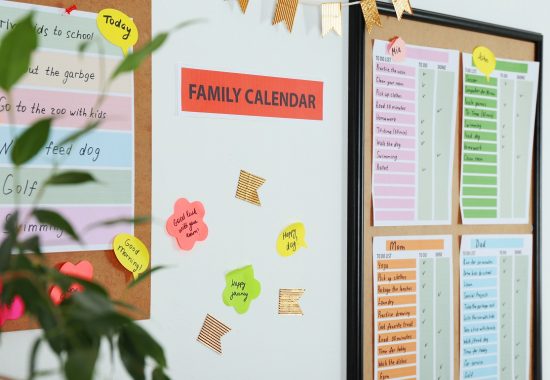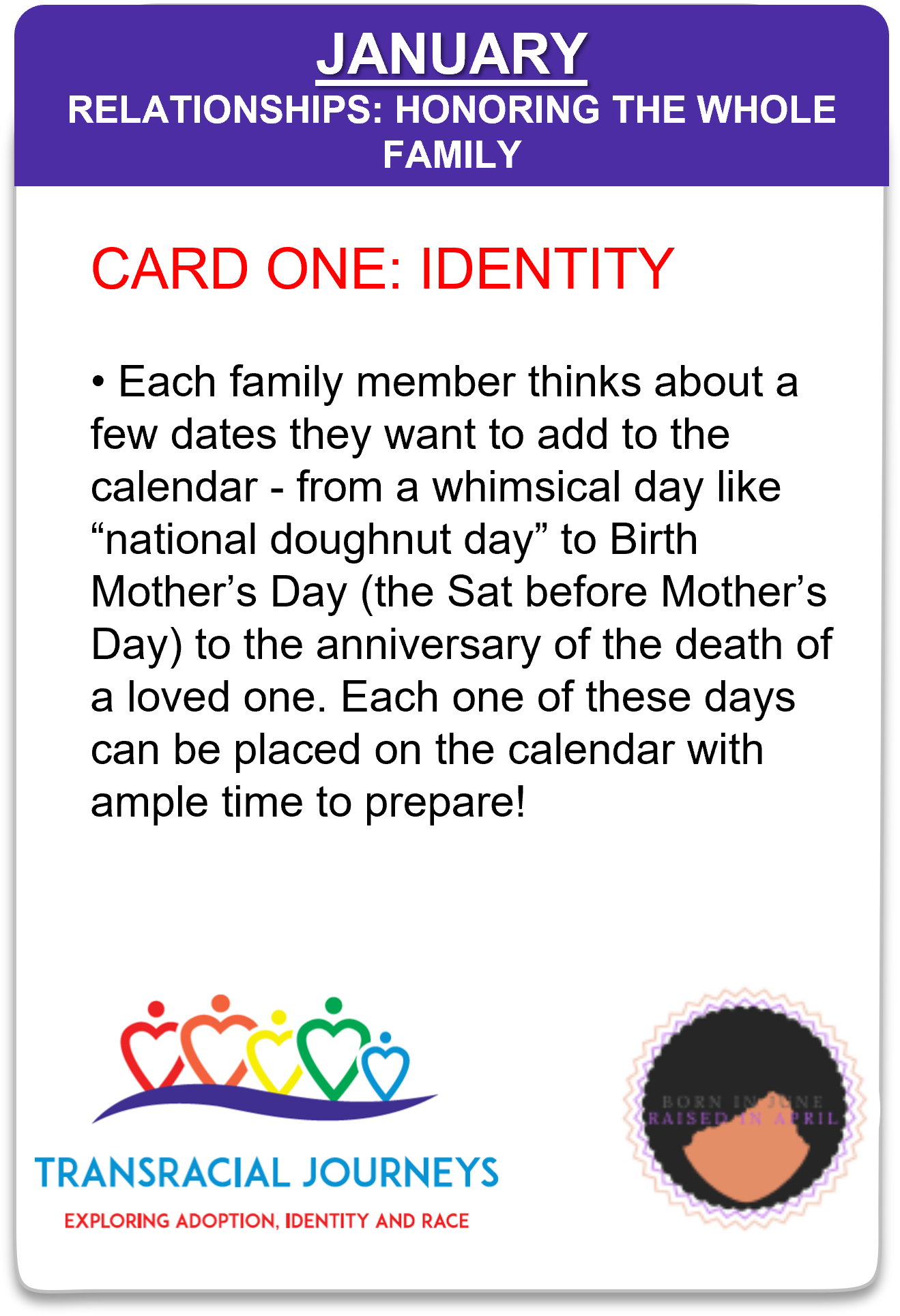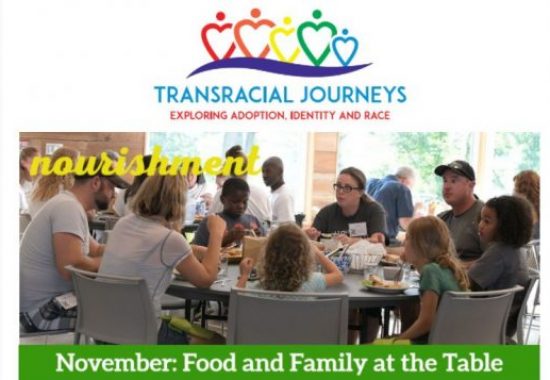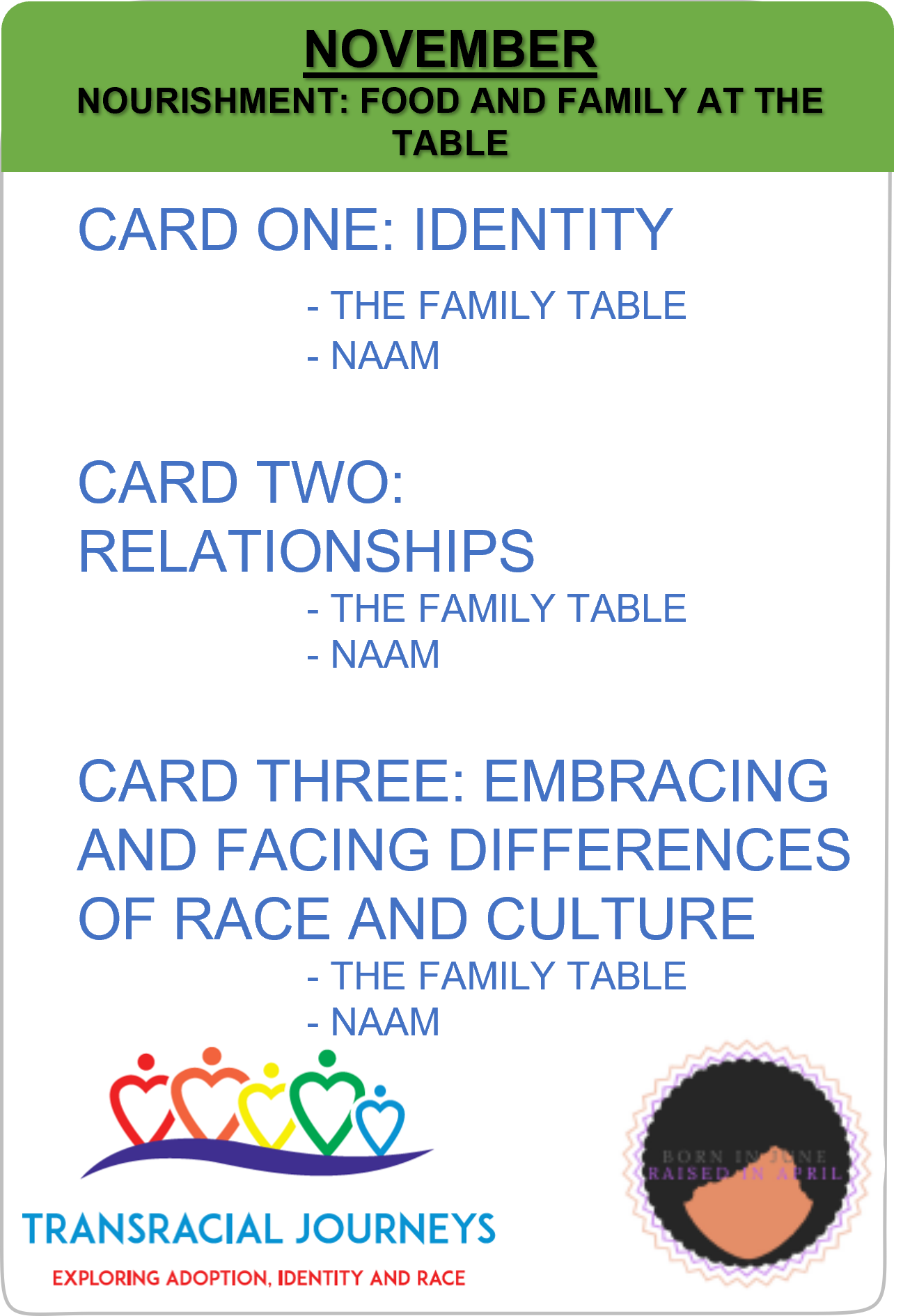January is a time when folks traditionally take stock of where they are and may even make some resolutions for a new diet, more time exercising, or commitments to spending quality time with family and friends. For families that extend through transracial adoption, January can offer a time to think about the year ahead and together as a family, continue the expansive journey of authentically navigating family and differences together with purpose and joy.
TRJ Conversation Cards
Our Executive Director, April Dinwoodie, has created conversation cards that help families make space for ongoing conversations about adoption and differences of race and culture. The Transracial Journeys card deck contains 3 cards for each month that the children use to ask their parents questions, that parents can use for quiet reflection. Some families leave the deck somewhere visible and pick a card at random, some families follow the monthly prompts. No matter how you use your cards, you’ll find a pathway to a more active and authentic holding of the complexities of transracial adoption so you and your family can live with authenticity, purpose, and joy. Below are the questions for January. Before getting started, read the parent tip. Families that attend our annual camp receive a set of the cards and if you’d like a set please email info@transracialjourneys.org.
January Tips for Parents: Do some pre-planning so that you have time to process some of the harder anniversaries or days on the calendar before discussing with children. Have some ideas to share for new dates to mark on the calendar so your children can react and be inspired to think about what they’d like to add as well.
CARD ONE: Identifying with the calendar as individuals and as a family
- What are your most and least favorite holidays and why?
- What are some of your most and least favorite times of year and why?
- Are there holidays that you’d rather not acknowledge but feel you have to?
CARD TWO: Relationships
- What are ways you can celebrate the happiest days of the year?
- How can you honor the saddest days and find ways to prepare for what might be hard?
CARD THREE: Embracing and Facing Differences of Race and Culture
- What are some holidays that you have not traditionally celebrated that you could add to the calendar?
- What do you need to know about any new holidays that you might add to the calendar?
This post is from our January, 2024, e-newsletter. If you would like to get our newsletter in your inbox each month, please subscribe.

